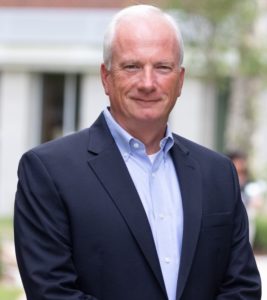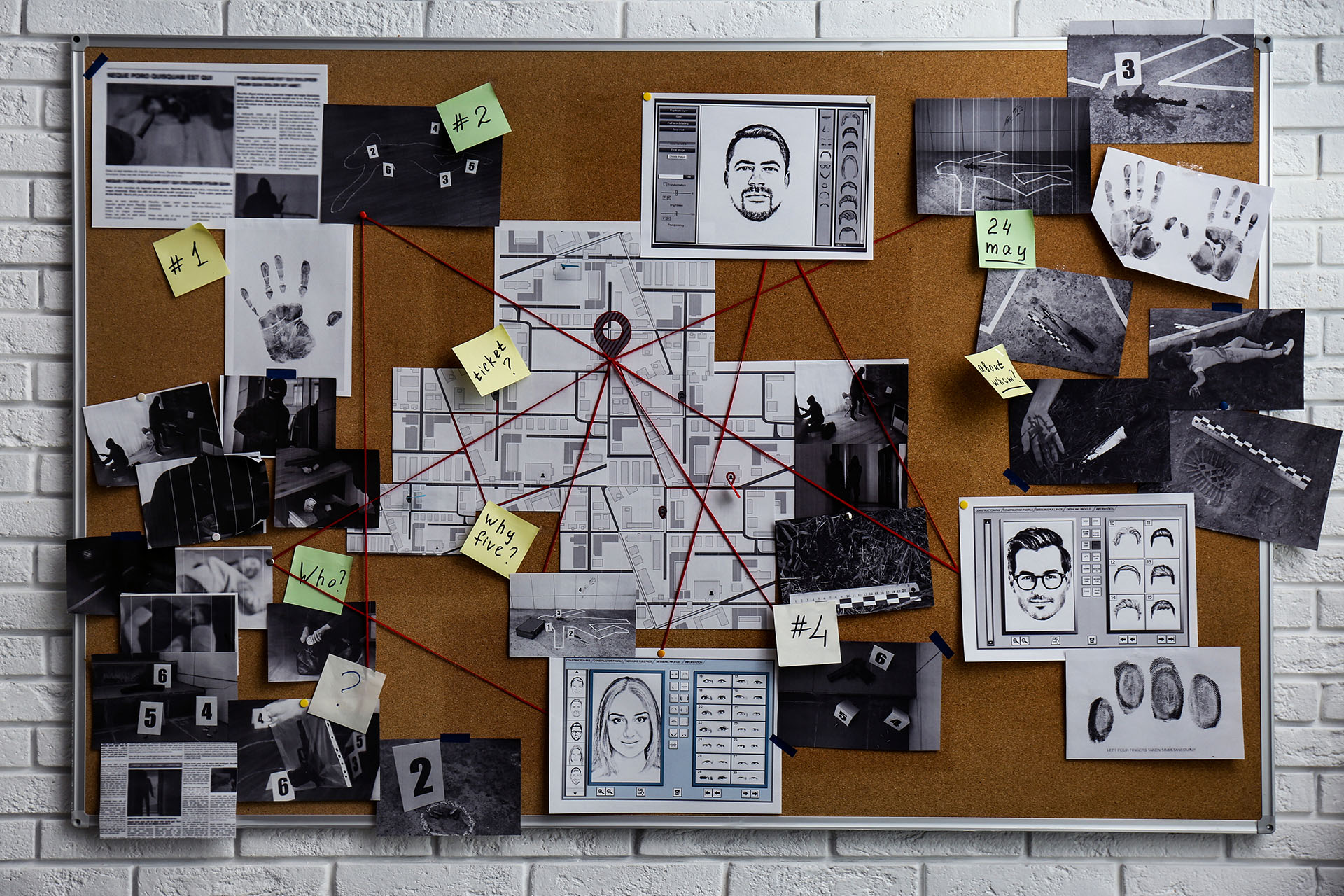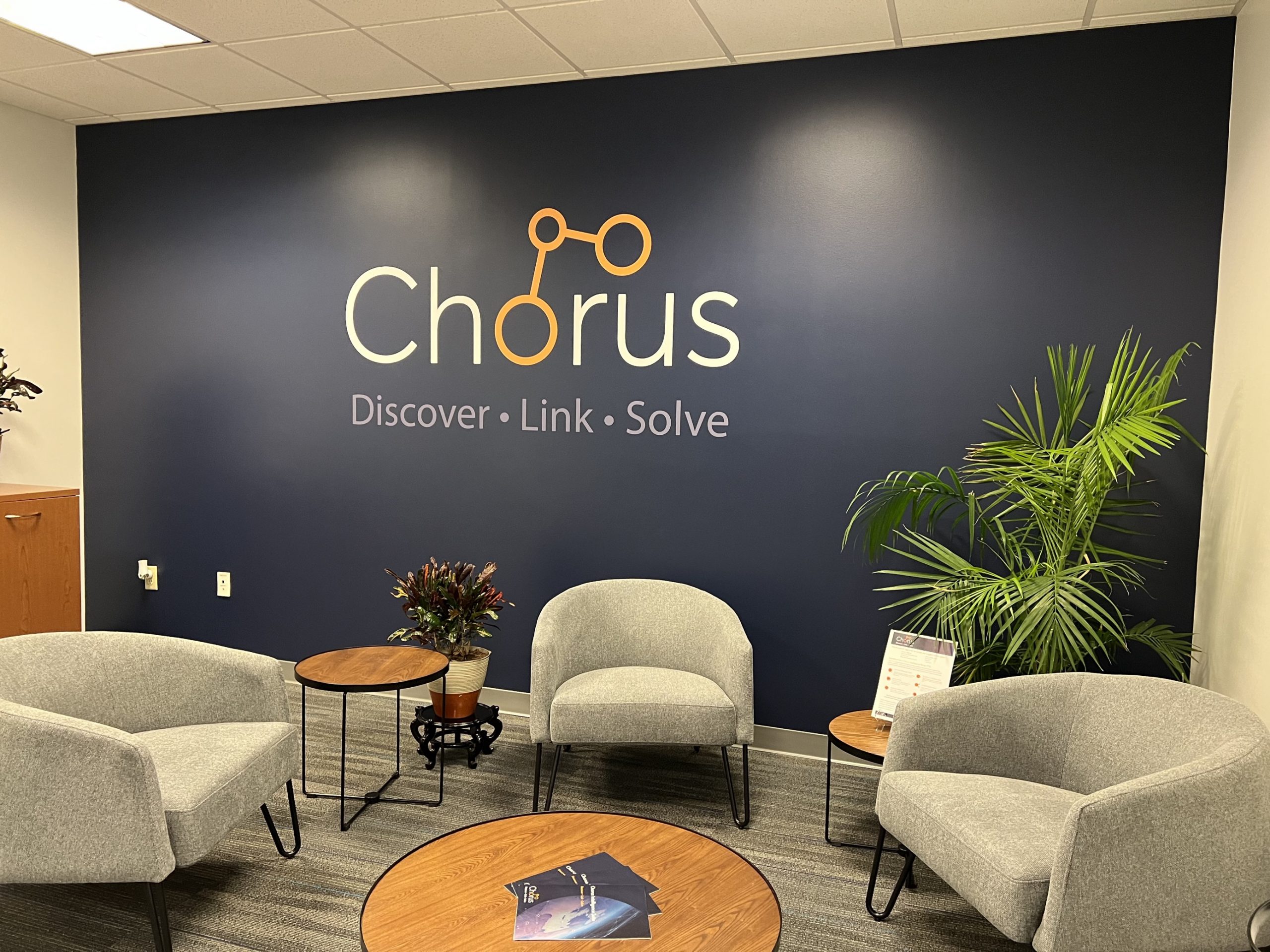 Tell us about your career
Tell us about your career
My family has served in the public safety industry for over five generations. I followed in the footsteps of my great, great grandfather who was a Trenton, New Jersey Police Officer and my great grandfather who was the first ever chief of police of the Harrison New Jersey Police Department. Both of my Grandfathers were police Officers and my Father was a professional Firefighter. In fact, both of my brothers were also “on the job”, one was a police officer and the other a professional firefighter like my father.
I became a state trooper with the New Jersey State Police (NJSP) at the age of 19. Over the course of 25 years, I rose through the ranks to become a Lt. Colonel and Deputy Superintendent, where I was responsible for leading the investigations branch and over 900 detectives, analysts and forensic scientists. Today, I am an Advisor for Chorus Intelligence, CEO of the Rodgers Group and Chair on the Board of Directors for the Critical Response Group.
What was one of your biggest achievements during your tenure at New Jersey State Police?
Following the terror attacks of 9/11, policing was thrust into a new era whereby managing risk more effectively and improving the efficiency of operations was paramount. In 2005, I commissioned a project to design and produce a manual to guide intelligence operations and re-tool the manner in which to prioritize investigations within the NJSP.
The manual, titled: “The NJSP Practical Guide to Intelligence-led Policing” was a culmination of a year’s work and a great deal of collaboration among a team of dedicated professionals.
I used this guide to re-align the structure of the investigations branch and set very specific priorities for where to focus our resources, time and energy. By adopting this model and challenging the status quo of how policing was performed, we were rewarded with a better Return-on-Investment (ROI) of our resources as well as improved conviction rates and enhanced public safety. This model is still in place today.
What is Intelligence-led policing?
Simply put, intelligence-led policing is a pro-active investigative business model that focuses resources on key threats. It is based upon the analysis of intelligence of those threats and is reliant upon technology to help glean valuable intelligence that is then used to set priorities and make critical deployment decisions. It results in more efficient and effective law enforcement operations in communities where it is needed the most.
How did you go about producing the report?
The idea was to emulate the success of intelligence-led policing that had previously been implemented in the UK.
Michael Barrett was the author of the report, who later became the Director of Strategy and Policy for the Homeland Security Council during the Bush administration. We also collaborated with the Manhattan Institute and Dr Gerry Radcliffe, Chair of the Criminal Justice department at Temple University who was also a former Policer Officer in the UK with Metropolitan Police.
How did you implement change within your Investigations Branch?
First and foremost, we established that we were not simply just going to focus on targets of opportunity. We were going to target those criminal enterprises that were the principal threats. We recognized that although we were a large organization, we had an obligation to ensure that we made the best use of the tools and personnel we had, to have the greatest impact on serious crime.
My direction to the investigative apparatus of the organization was four-fold:
- Identify, target, infiltrate and disrupt organized criminal groups with a nexus to public corruption
- Identify, target, infiltrate and disrupt drug trafficking conspiracies linked to transportation and wholesale distribution
- Identify, target, infiltrate and disrupt the most violent and fear invoking gangs
- Strengthen the alliance between the NJSP and Federal Bureau of Investigation in all areas that may enhance the mission of the Joint Terrorism Task Force
How important is the role of technology in intelligence-led policing?
Having a system that can search, capture, cleanse, analyze and disseminate data, in a format that can be leveraged to make critical business decisions is vital, particularly with today’s challenges.
Law enforcement agencies need to put more of these systems in place. Simply put, leveraging technology that enhances the effectiveness of our efforts reduces crime. It improves our decision making and ensures that the public receives the greatest return possible on their investment in the resources they fund to keep them safe.
This is the reason I am most interested to be collaborating with Chorus. I want to help law enforcement understand the benefits that systems such as the Chorus Intelligence Suite offers and their potential to truly transform policing and investigations.
What advice would you give to law enforcement agencies looking to implement an intelligence-led policing model?
It requires a leadership commitment to focus agency resources based upon true intelligence gathering and analysis. Technology that expedites those two things, employed by personnel with the training and the experience to use it properly, is a huge force multiplier. Prioritizing the examination of certain types of evidence and leveraging analytical products to help make strategic deployment decisions will result in more effective policing operations.
Always remember to maintain the focus on your priorities and establish systems to assist you do that.
Expand the amount of intelligence that you are gathering very specifically in the areas set as your priorities. This will help to identify gaps that you didn’t know about, and enable you to modify plans to adjust to incoming intelligence. This is critical to your success
As a final note, you must tie your priorities to metrics that are measurable so that you can keep your personnel focussed and accountable. If you fail to do that, you are likely to bear witness to your organization seeing its efforts to reduce the criminal activity it is sworn to disrupt, unintentionally undermined.

















